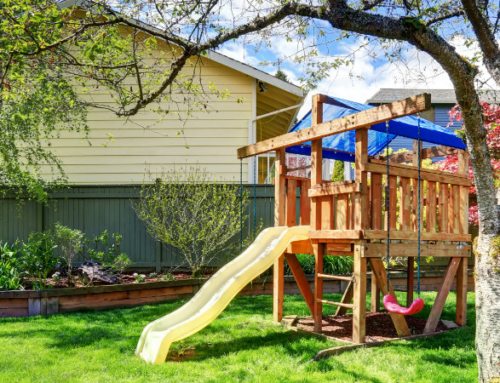There’s nothing like moving into a new home.
It’s difficult enough if you have to move across town. But what do you do if you’re trying to buy a home across the country? Worse yet, what if you’re moving half way around the world?
That’s what one Japanese family will face as they try to purchase a home in Pittsburgh and move in by August. The Shimada family is currently planning a jam-packed two-week trip here in June during which they hope to find a real estate agent, get pre-approved by a mortgage lender, find an attorney, find a house that meets their needs and falls within their price limits, have their offer accepted, find a house inspector, and finalize their financing.
The rest will have to be done from Japan, via telephone, fax, and e-mail.
Whether you’re moving to another city, across state lines, or from another country, you won’t have the benefit of knowing your community and those who work within it. Frankly, the ease of moving within our own neighborhoods, as many folks do, is a luxury many take too lightly.
If you must cross state lines, here are some things to keep in mind:
1). Relocation Specialists Can Help. If your company frequently relocates its employees, it may have a relocation specialist or relocation service provider to assist with those moves. Relocation specialists can help you find a real estate agent, mortgage broker, attorney and inspector, but many will go the extra mile and help you choose a school, find a nanny, and shop for such basic services as a new beauty parlor.
If your company doesn’t have a relocation service provider, you still may be able to reap the benefits of one through the real estate agent you choose. Most major real estate companies are linked through independent relocation companies or through their own relocation network. If you ask your local real estate agent to refer you to a broker in your new city, you may be able to make use of some of the new broker’s relocation services.
2). Plan Your Visits. If you’ll be visiting your new city before you actually move there, be sure to take full advantage of the time you have there. In the weeks ahead of your visit, schedule meetings with brokers, school principals and teachers, local mortgage lenders, bankers, doctors, and anyone else whose services you’ll need immediately.
If you’re hoping to do some serious house-hunting during your first visit, spend some time in advance of your trip on the telephone with prospective brokers talking about different neighborhoods. Have maps, brochures, and other types of local information sent to you so that you’ll have plenty of time to study them before you arrive.
Finally, get a sense of where you’re moving by reading the local paper. If you’re moving to a major metropolitan area, you may be able to find the local paper in your library. Otherwise, it may be wise to invest in a short-term subscription.
3). Make Use Of The Internet. If you’re “wired,” that is, if you have access to the internet, it might make your interstate move a little easier. Many cities and states host local bulletin boards, as do local real estate companies. These may feature local information about school districts, parks, entertainment, and events. Searching for a home by computer remains a tenuous process at best. Though there appears to be loads of listings, the internet generally represents a small amount of those homes actually listed for sale. Still, it can be a good source for information. Some local libraries and schools provide residents and students free access to the internet.
4). Real Estate Is A Local Business. Although you may have bought and sold several times in your current neighborhood, real estate customs change from city to city and state to state. You’ll have to rely on the experts you’ve chosen to represent you for a good bit of the information. However, you should do some of your own homework.
Put in a call to the local department of planning to see what kinds of improvements have been approved for your area. Your new state or city housing authority may offer guidance in the way of a book on real estate regulations and local housing ordinances.
5). You Can’t Do It Alone. If you’ve lived in your neighborhood for years, it’s fairly easy to find the help you need, whether it is a dry cleaners, grocery store, 24-hour pharmacy, schools, or childcare.
If you’re moving far away, you’ll need to assemble a team of qualified individuals who can help ease the stress of such a big move, particularly if you know no one in your new town. Start with your real estate agent, and then use him or her as base for referrals. If you join a house of worship, there may be members who can help you get established. Play group mothers (and fathers) are also an excellent source of local information.
Published: Mar 4, 1996






Leave A Comment